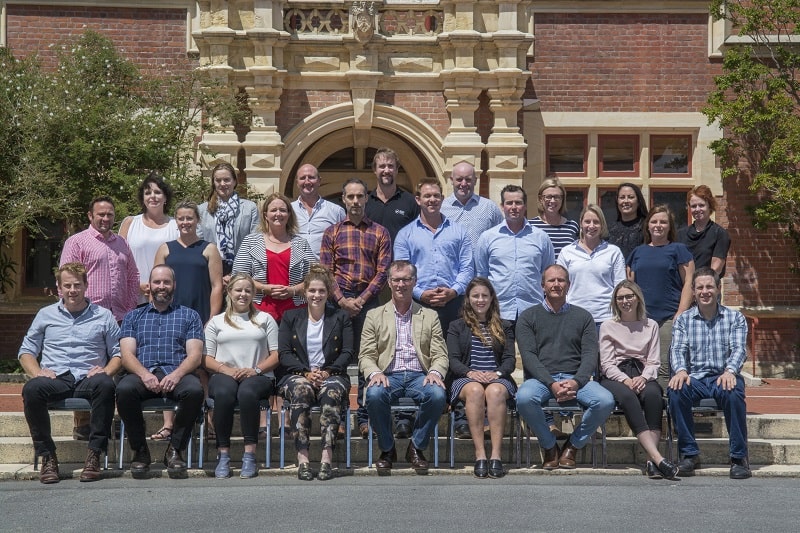

A Classroom View of New Zealand’s Primary Industry
Executive Summary We certainly can’t argue with the fact that New Zealand has recognised the issues around the future of the Primary Industries workforce. We read about it every day, we have data to prove it and a sector constantly talking about it. Initiatives throughout the country have been set up to try and combat

Adding value to Onions
Executive Summary This paper is aiming to add value to second grade onions that unable to be sold locally or exported. The aim was to understand what could be done with them to make them more saleable in the market place here and overseas. It is very early on looking into the process of adding
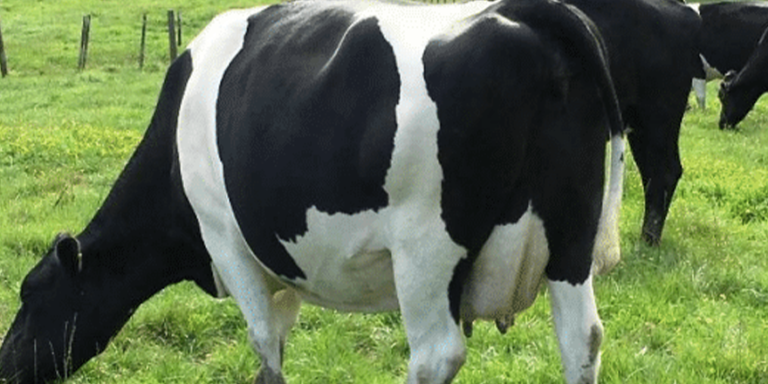
An industrial analysis of dairy processors in New Zealand
Execute Summary After 18 years of DIRA legislation, Fonterra has gone from being an almost monopolistic company within New Zealand’s dairy processing industry, to being involved in a very competitive market place with the introduction of some major competitors in the shape of Open Country Dairy and Synlait to name a couple. This report shows
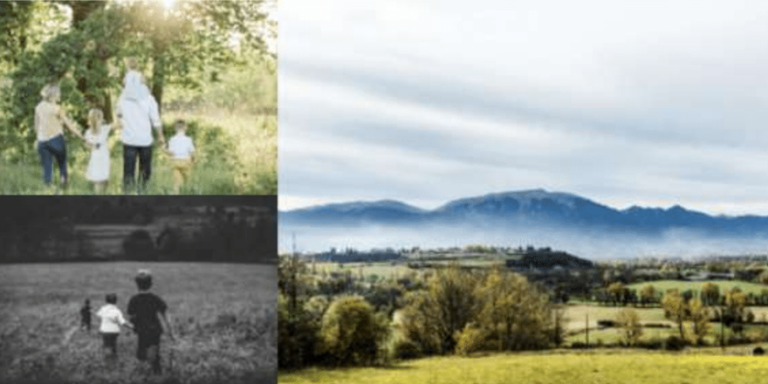
Big Potential. Small Blocks: A concept to unlock the production potential held in New Zealand Lifestyle Blocks
Executive Summary The focus area for this report comprises of 32,000ha surrounding Pukekohe. 13,000ha of which is made up of blocks between 1 – 20ha in size. How can small blocks be utilized for production without sacrificing lifestyle? To address this topic, a literature review and a survey were conducted to understand the characteristics of

Can we make stone soup for rural wellbeing
Executive Summary The fable of Stone Soup tells the tale of a weary stranger arriving at a village. He convinces the villagers to each contribute an ingredient in order to make a meal for everyone to enjoy. The weary stranger elaborately makes use of a simple stone as the key ingredient, to start creating the

Dairy farming, climate change and farm diversification
In the race against climate change,this report explores the possibilities of the diversification of a dairy platform into horticulture.This report was not put together to come up with an answer or find a solution, the purpose of this report is to start a topic of conversation, provoke thoughts and ideas and hopefully create some positive changes for the greater good for the future of our environment.

First, Catch Your Crayfish – Linking New Zealand Food Producers and Consumers for everyone’s benefit.
Executive Summary New Zealand produces enough premium quality, safe food to feed approximately 40 million people (McCready, Tim. July 19th 2018). It could safely be assumed then that accessing such amazing quality food in the region or even country of production would be an easy ask. This is not always the case. Currently New Zealand’s

How can you influence shareholder engagement
Executive Summary Co-operatives have existed in New Zealand since 1864. Farmers purchase shares in these co-operatives and become shareholders. For many farmers and shareholders this could be the last time that they interact with this co-operative. I have often wondered why shareholders don’t engage with their co-operative when they have invested some of their hard
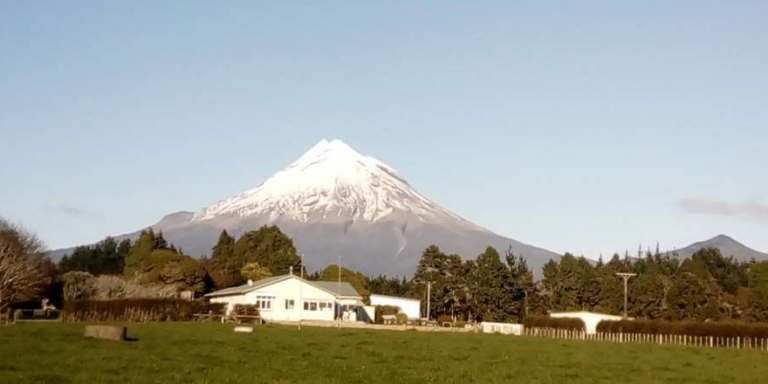
Identifying innovative approaches to succession planning to retain the family farm
Executive Summary There are too many horror stories out there where family farms have been sold unnecessarily because the succession process becomes too hard. The objective of this project was to find non-standard or innovative ways that people had managed to achieve succession on the family farm and to try to identify common themes or
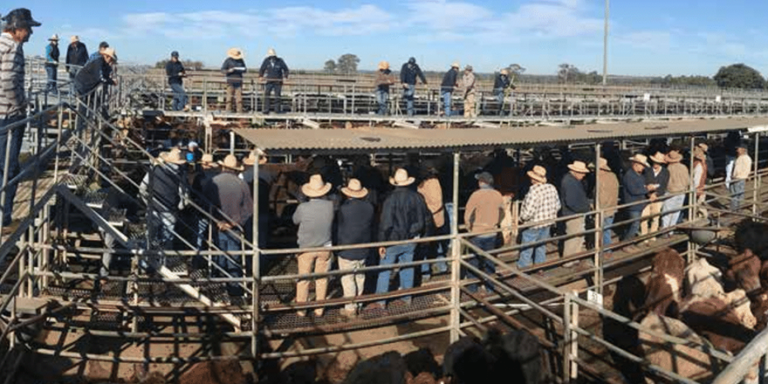
ONLINE LIVESTOCK AUCTIONS: Australian success, and the potential for New Zealand
Executive Summary This paper provides a background of the Australian Livestock industry with a specific focus on the rise of an online auctions platform, AuctionsPlus (www.auctionsplus.com.au). My findings show that the use of AuctionsPlus can deliver verifiable economic and social benefits to its users. During a research trip throughout Australia’s rural New South Wales and
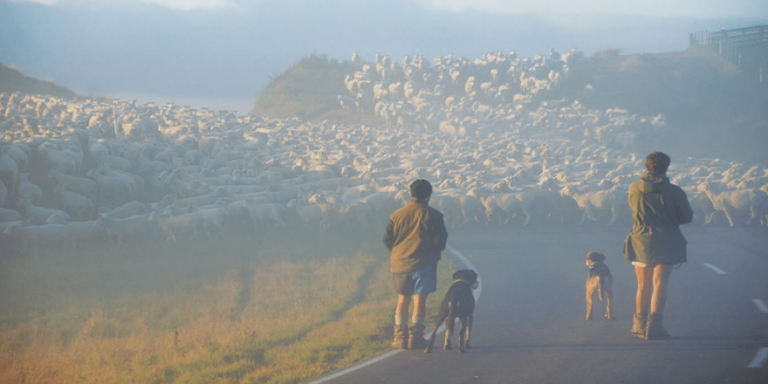
Opening gates: Staff attraction and retention on New Zealand’s meat and fibre farms
Executive Summary This is a research paper into how future employees, current employees and the employers of both, feel about their current situations in their in today’s tight labour market. It is concentrated on the meat and fibre production sector. The process used for the research below initially involves a literature review from previous Kellogg
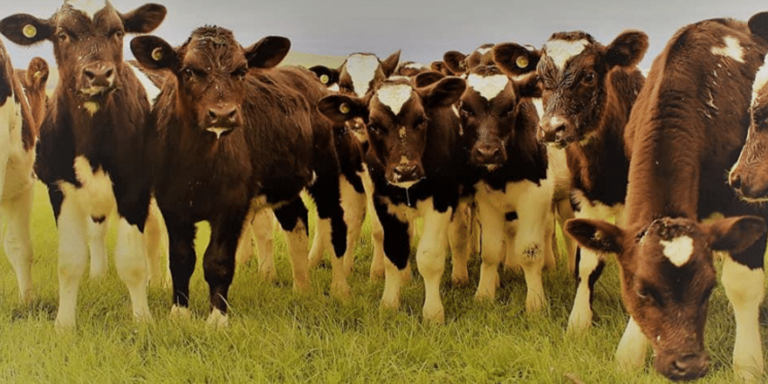
Projection of beef forward marketing; building partnerships between dairy farmer and beef finishers.
Executive Summary It is time for the dairy industry to stop sweeping the bobby calf issue under the carpet. Approximately 2 million calves are surplus to dairy requirements intended for human consumption and pet food (MPI, 2015). The bobby calf numbers are trending upwards since 2000 and is causing a lot of welfare concerns from
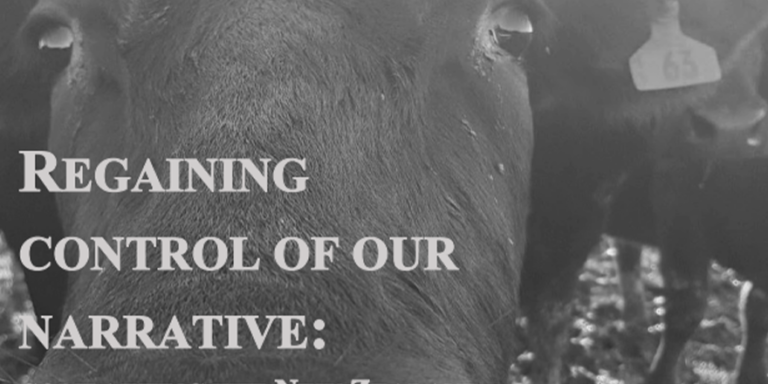
Regaining Control of Our Narrative
Executive summary This research and affiliated report asks the question: Can New Zealand Dairy farmers re-gain control of their narrative from inside the farm gate? The dairy industry is New Zealand’s largest good exports sector, contributing 20% of total exports while bringing in $17.1 billion dollars into the New Zealand economy (NZIER, 2018). As dairy
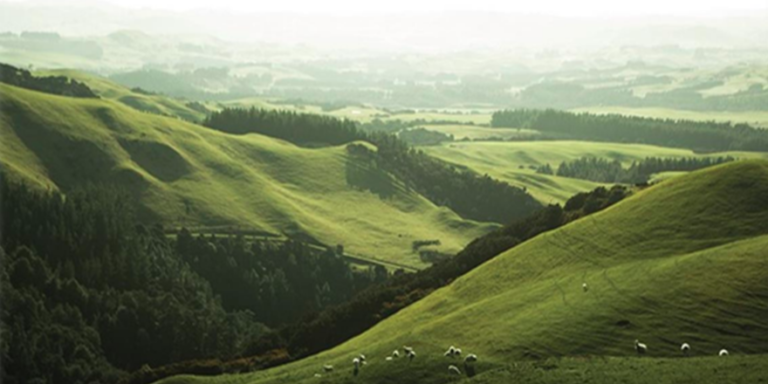
Supporting environmental sustainability in the red meat sector
Executive Summary With the New Zealand economy dependent on primary industries and export, New Zealanders concerned about the state of our natural environment, the ever-increasing focus on climate change, global consumers’ changing expectations and disruptive technologies challenging our existing systems and processes; significant questions for the primary industries rise. Are our land-based farm systems fit

The future of technical knowledge transfer at farmlands co-operative society
Executive Summary Disruptive technology is all around us and changing how we work. Jobs are being replaced by robots and artificial intelligence, which is changing the set of skills we require in the work place, and new skills are being demanded of us before we can even train in them. This idea is explored further
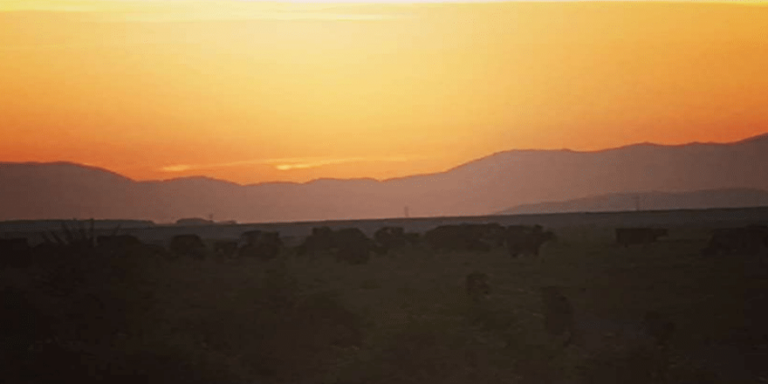
The importance of developing positive stress management and mindset skills in young dairy workers
Executive Summary Stress management is a learned skill. No one is born with it. We develop stress management skills either good or bad reactively out of our upbringings or life events. Positive stress management is seen as an important skill but there is still much room to proactively develop this in younger dairy staff. The

The resilience of New Zealand dairy farm businesses – a post downturn evaluation.
Executive Summary The NZ dairy sector has a history of innovation, success and development and has grown to support a significant portion of NZ’s total export earnings. Approximately 95% of NZ’s total dairy production is exported to overseas markets. During the 1990’s through to the later part of the 2000’s the sector experienced a significant
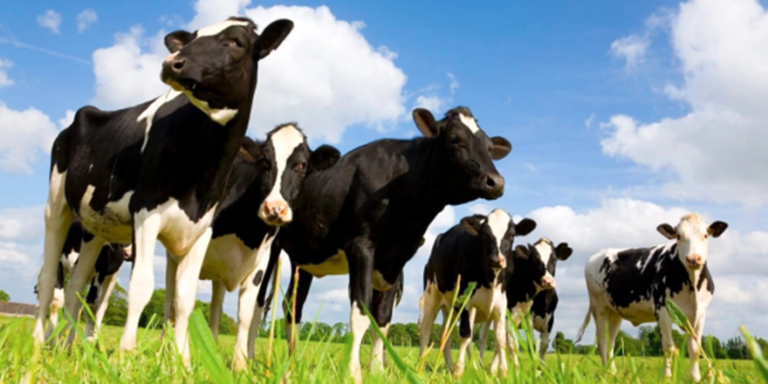
Utilising transformational leadership to increase team performance.
Executive Summary Leadership is a widely researched and analysed phenomena. Done well or poorly, it affects team members, their performance and business outcomes on many levels. Leadership theory has developed over time from a focus on the characteristics of the leader to a new perspective which highlights the relationship between leader and follower. Having formally
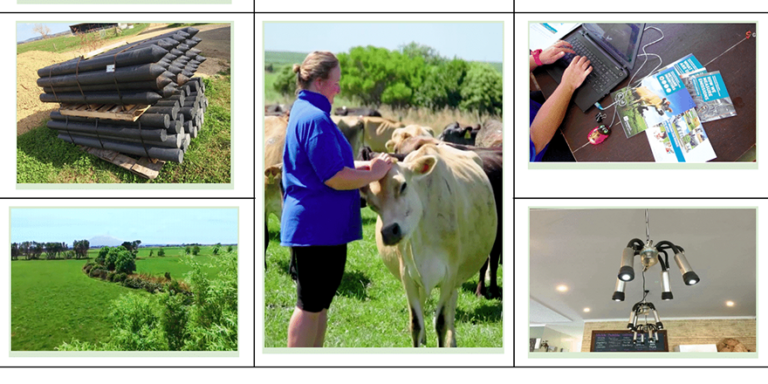
What a waste: My story
Executive Summary Doing better with my farm waste was the initial driver for this Kellogg project. I did not like the amount of rubbish I produced, set out to find out more about what I produced and the options I had to do better. Conducting farmer surveys, a Farmsource workshop, interviews, research, discussions with local


























